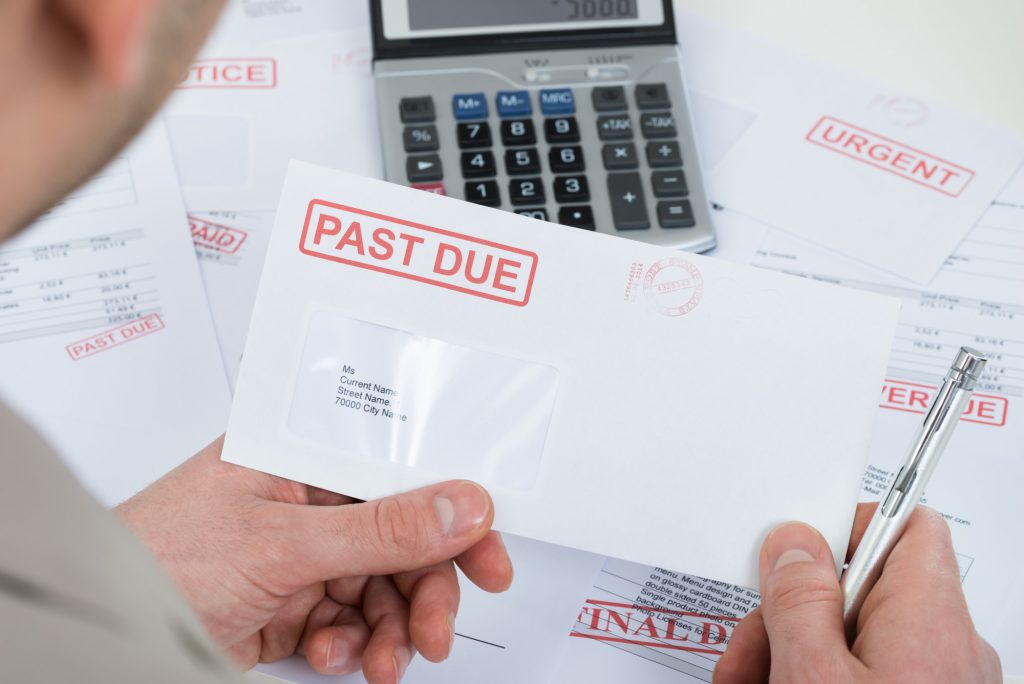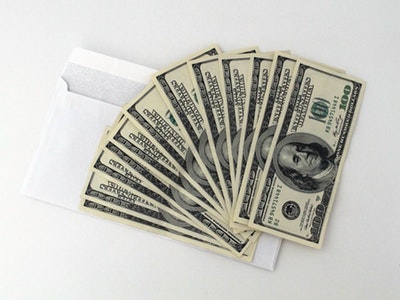Repaying a Loan: What to Do When You Can’t Make a Payment

Consumers spend about 10% of their income on debt — not including mortgage loans. That’s a large chunk of change, especially if the debt is high interest. Many people are one financial emergency away from being unable to pay monthly payments on their debt.
Are you having trouble repaying loan installments? Once you miss the first payment, you could end up in a dangerous cycle. It’s difficult to catch up on a loan once you’ve already fallen behind.
Thankfully, you have some options if you think you’ll miss a payment. It’s not the end of the world, although it may feel like it. Take a breather and check out some ways you can stay on top of your debt.
What Happens if You Don’t Pay an Installment Loan?
Your lender will penalize you as soon as you miss a scheduled loan payment. While the penalties can be small or negligible at first, they’ll swell into a serious problem if nonpayment continues.
When you first miss a payment date, you’ll start accumulating late fees. The severity of the late fee will depend on your loan agreement. These are typically added to your loan, which means you’ll pay a little more each month.
Most people know that missing a loan payment results in damage to your credit score. Thankfully, lenders don’t alert the credit bureaus until thirty days have passed since you first failed to pay. So long as you make a timely payment, this mishap won’t affect your credit score.
After a continued period of nonpayment, your lender will declare you defaulted on the loan. Some lenders are patient and might wait several months before making the call. Others are far less lenient.
Once you default on your loan, most lenders will pass the debt over to a debt collection agency. They’ll make incessant attempts to contact you and have you fork over what you owe. A payday loan default could eventually lead to garnished wages.
Things work differently for a secured installment loan. Rather than relying on a debt collector, the lender will take your pledged collateral once you default. They’ll sell the item to pay off the bill and may contact you to pay anything you owe after the sale.
Try Consolidating Before Repaying Loan
Unable to afford the monthly payment on your loan? You’ve got options. Consolidating an installment loan is an excellent way to lower the monthly payment and the amount you owe.
Payday loans, for example, tend to have very high-interest rates. The secret is to take out an additional personal loan with a lower interest rate.
When you pay off your existing loan with the new one, you still owe the same amount of money. You’ll be paying it off at a lower interest rate, which will save you hundreds over time. A new loan also comes with a new payback period, and that’s another opportunity to lower the monthly payment.
It can be difficult to find lower interest rates if you have bad credit. If that’s the case, you should try a secured loan. Secured loans often have lower interest rates thanks to the collateral.
Of course, you should never miss a monthly payment on a secured loan. Otherwise, you’ll lose the collateral for good and hurt your credit score.
Negotiate With Your Lender
Although it depends on the lender, some will be happy to make changes to your current contract. It may seem counterintuitive, but helping you pay the loan is better than having your default.
You might be able to negotiate for something simple, such as a different due date. This could help you meet your monthly loan payment if you don’t have any funds available during that time of the month.
But for more serious money troubles, your lender may be able to help you further. You could ask for a forbearance on your loan. This means you won’t be required to make monthly payments for a short time.
Or, instead, you could try to negotiate for a change on the loan contract. It’s unlikely you’ll be able to request a lower interest rate, but you could reduce your monthly payment by increasing the term of your loan. Since you’ll have more time to pay it off, you’ll pay less every month.
Make the Payment After the Due Date
Just because you missed the due date, that doesn’t mean all hope is lost. You should still try to pay as soon as possible to avoid damaging your credit score and incurring additional late fees.
You might want to request a different due date if you are lacking the funds to meet the payment every month.
There’s no good way to stop paying payday loans legally. Even if you miss a payment, you still are responsible for paying back the loan. And you’ll save money in the long-run by staying on top of your monthly payments.
Look for Public Assistance Programs
Many entities exist to help people pay their loans, whether through education or financial assistance. Depending on your needs, you may qualify for several public programs that can help you meet your monthly payments.
You could get help with bills from government programs. Or, instead, contact some non-profit charities for emergency financial assistance. These can help you get back on your feet after an expensive emergency or monetary mistake.
You Have Options if You Miss a Payment
If you’re quick to the punch, you might only have to deal with late fees when you miss the due date. Repaying loan installments is difficult enough, but it’s even worse when you’re playing catchup.
But whether you choose to consolidate your loan or work with your lender, there are a variety of ways to limit the damage of a missed payment.
Know you can’t make the payment this month? Your best bet is to contact your lender right away. Doing it in advance establishes goodwill and makes them more likely to offer assistance.
Looking for more personal finance advice? Bookmark this site and check back often for new content.






